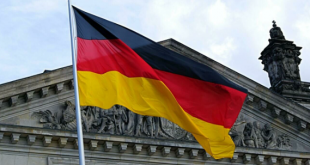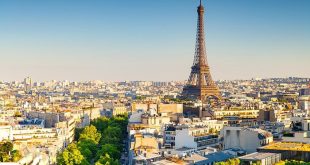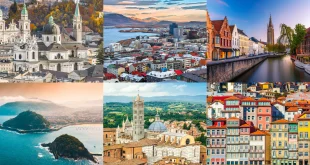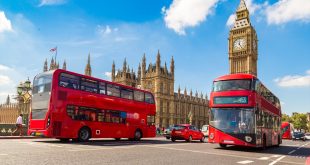Chile’s tourism industry is being affected by the wave of protests that has rocked the country since Oct. 28, with hotel reservations halved and many trips cancelled after the country suspended two major summits.

The situation shows the wide impact of the mobilizations that have affected the country during the last two weeks, since the protests against the rise of the subway fare went out of control and caused riots, fires and looting, leaving a toll of about twenty deaths.
Summits
President Sebastián Piñera, who modified his cabinet in an attempt to appease the protesters, announced the suspension of two summits that the country was supposed to host: the APEC leaders’ summit this month and the big COP25 climate change meeting in December.
“We believe that approximately 40,000-50,000 people were going to attend these two events,” said Monica Zalaquett, Chile’s Undersecretary of Tourism.
“Tourism is a very sensitive industry and already about 50% of the bookings have fallen in these last two weeks,” said Zalaquett. “And the most complex thing for this industry is that there will be no new reservations until the situation in the country stabilizes.
Movement
The protesters say they have no intention of stopping the protests, although the streets have been somewhat calmer since Thursday, when the long weekend began with two holidays.
“We won’t be able to hold out much longer, the losses are enormous,” said Iván Marambio, manager of the Principado hotel chain in Santiago. “All the hotels are unemployed, without any passengers,” he said, referring to the area around Plaza Italia, the nerve center of most of the protests.
Summer
The southern summer, which runs from December to February, is a key season for tourism in Chile, as many people pass through Santiago on their way to Patagonia, while locals flock to the beaches.
“The tourism industry has a high seasonality and these are the days when the high season begins. Many tourism entrepreneurs throughout the country wait all year round for these summer months and that is why it is also harder,” said Zalaquett.
Walter Olivares, who offers souvenirs at a street stall in downtown Santiago, said that his sales have fallen by 80% or even more.
“How do we live from day to day, how do we pay our bills,” he wondered.
Gale Braily, an English tourist visiting the city, said she thought about cancelling the trip but eventually went ahead.
“We’ll only be in Santiago for a short time and then we’ll go somewhere else.”
 Global Tourism Information on tourism in the world
Global Tourism Information on tourism in the world



